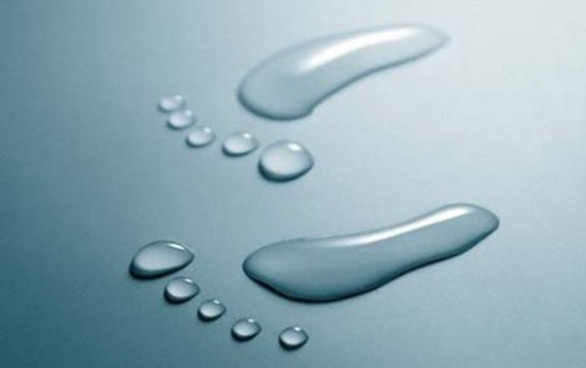What’s causing my water retention?
Could it be your diet?
We all need sodium. It plays an important part in regulating blood pressure and fluid levels. But you only need a small amount. If you have too much in your system, your body holds in water. Table salt is one source of sodium, but we get more of it from processed food like lunch meat, crackers, chips, canned vegetables and soups, fast food, and even soft drinks.
Check the sodium levels of food and drinks before you buy them. You can help balance your sodium by eating potassium-rich foods like bananas and spinach, and drinking plenty of water.
Could it be your lifestyle?
Do you have swollen legs and ankles? Gravity keeps blood lower in your body. That increases the pressure inside the blood vessels in your legs and feet and causes fluid to leak into those tissues.
Sitting or standing too long can cause your tissue to hold water. If your job keeps you on your feet, you may notice swollen legs and ankles at the end of the day. It’s also common after a long time on an airplane.
The key is to keep blood circulating. If you stand or sit all day, it’s important to take time to move around.
Could it be hormones?
It’s normal for a woman to feel puffy or bloated in the days leading up to her period. It usually goes away after a few days. Hormones taken for birth control or hormone replacement therapy can also cause you to hold water.
Could it be your medication?
Many medicines have water retention as a side effect. They include:
- High blood pressure medication
- Pain relievers known as NSAIDs, including ibuprofen
- Antidepressants
- Chemotherapy medication
Ask your doctor if your meds may be the problem. If so, there may be something else you can take instead.

